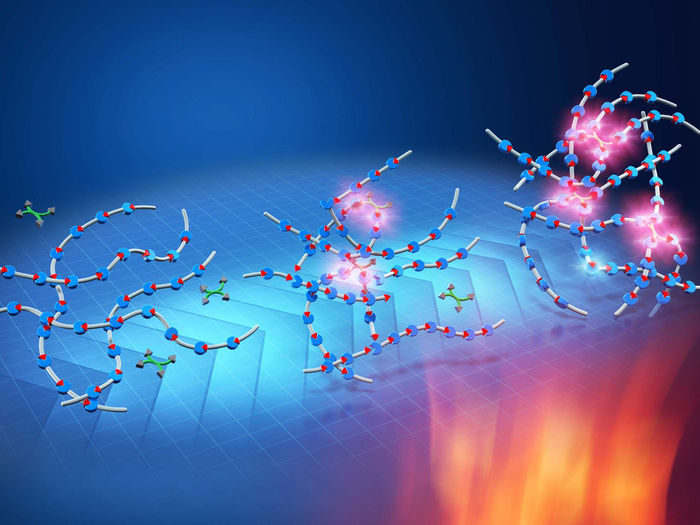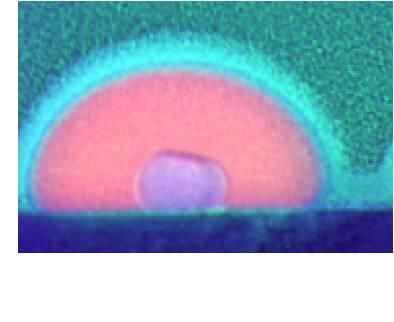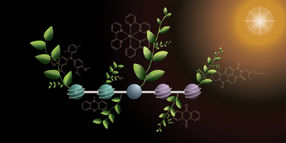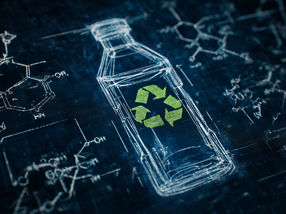Levels of pyrrolizidine alkaloids in herbal teas and teas are too high
The first non-representative results of a BfR research project show that efforts are required to minimise levels
Advertisement
The BfR is currently conducting a research project on “Determination of pyrrolizidine alkaloids in food and Feed”. Initially, various samples of off-the-shelf tea, herbal tea and medicinal tea were examined. As the first results of the non-representative tests, a total concentrations of 0 to 3.4 milligrams of pyrrolizidine alkaloids per kilogram of analyzed sample were found.
“We measured unexpectedly high levels of pyrrolizidine alkaloids in some of the tea and herbal tea samples,” says BfR President Professor Dr. Dr. Andreas Hensel. “As data from animal experiments uncovered the detected pyrrolizidine alkaloids as genotoxic carcinogens, the levels are too high and should possibly be reduced”
These include analysis of tea and herbal tea batches prior to marketing but also causal research by the economic operators. Despite the unexpectedly high levels in some of the samples, acute health damage to adults and children is unlikely if consumed over short periods. If, however, higher than average consumption of products currently measured with medium and high levels of pyrrolizidine alkaloids is maintained over longer periods, a risk to health could result, especially for children, pregnant women and nursing mothers if the current data is validated. Because there are considerable fluctuations in the concentrations of individual samples, however, even with teas of the same variety, it is currently impossible to make a definite statement regarding the health risk resulting from continous intake of contaminated tea infusions. Our initial recommendation is therefore that parents do not exclusively give their children tea and herbal tea. Expectant and nursing mothers should also consume tea and herbal tea alternately with other beverages. The first data collected in the research project have to be be verified by Food monitoring authorities.
Most read news
Other news from the department science

Get the chemical industry in your inbox
By submitting this form you agree that LUMITOS AG will send you the newsletter(s) selected above by email. Your data will not be passed on to third parties. Your data will be stored and processed in accordance with our data protection regulations. LUMITOS may contact you by email for the purpose of advertising or market and opinion surveys. You can revoke your consent at any time without giving reasons to LUMITOS AG, Ernst-Augustin-Str. 2, 12489 Berlin, Germany or by e-mail at revoke@lumitos.com with effect for the future. In addition, each email contains a link to unsubscribe from the corresponding newsletter.
Most read news
More news from our other portals
Last viewed contents

New upcycling system for commercial polyesters - Using commonly available materials and a simple mixing and heating process, polyesters can be transformed into highly recyclable, high-value materials

Bibby Scientific looks to the East with sales office in Singapore

New Discovery in Enzyme Research: Water is the Key for Activity - Discovery could help to enhance the use of biocatalysts in industrial applications such as food processing or the production of biofuels
The Society of the Plastics and Omnexus to form strategic alliance
When is a molecule a molecule? - Scientists watch fast electron jumps in exploding molecules
Orion comments on new challenge by Sun Pharmaceutical Industries Ltd., India, of Orion's U.S. Patent covering Stalevo in the US - Company states the realisation of generic competition is neither certain nor imminent
Rhodia plans closure of its Mulhouse Dornach site in France

Perpetual 'ice water': Stable solid-liquid state revealed in nanoparticles - Gallium nanoparticles that are both solid and liquid are stable over a range of 1000 degrees Fahrenheit
EPA new strategic plan for evaluating the toxicity of chemicals
































































